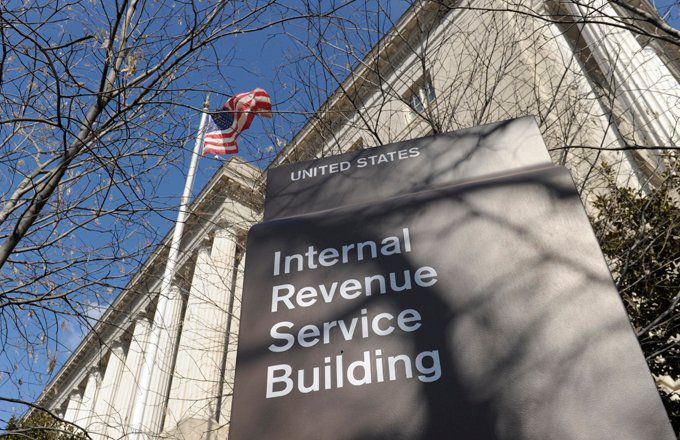
IRS Finalizes Crypto Tax Reporting Rules for Custodial Brokers, Delays DeFi Regulations
The U.S. Internal Revenue Service (IRS) and Department of Treasury have finalized new regulations for cryptocurrency tax reporting, focusing on custodial brokers while postponing rules for decentralized platforms. The regulations, set to take effect for transactions starting in 2025, aim to improve tax compliance and detection of noncompliance in the digital asset space.
Under the new rules, custodial crypto platforms such as Coinbase and Kraken will be required to report transactions to the IRS beginning in 2026. These brokers will need to file information returns and furnish payee statements using the new Form 1099-DA, providing details on customers’ digital asset sales and exchanges.
IRS Commissioner Danny Werfel emphasized the importance of these regulations, stating, “We need to make sure digital assets are not used to hide taxable income, and these final regulations will improve detection of noncompliance in the high-risk space of digital assets.”
Notably, the IRS has excluded decentralized exchanges (DEXs) and self-custody wallets from the current reporting requirements. The agency acknowledged the need for “additional consideration of issues involving non-custodial industry participants” and plans to address these in a separate set of regulations later this year.
The finalized rules also include provisions for stablecoins and non-fungible tokens (NFTs). Stablecoin sales will be reported in aggregate, with a $10,000 annual threshold for individual reporting. NFT sales will only require reporting if a taxpayer’s proceeds exceed $600 in a year.
Real estate transactions involving digital assets will also fall under the new reporting requirements, with “real estate reporting persons” required to file the fair market value of digital assets used in transactions closing after January 1, 2026.
The cryptocurrency industry has expressed mixed reactions to the new regulations. While some view the exclusion of DEXs and self-custody wallets as a positive development, concerns remain about potential privacy issues and compliance costs.
The Treasury and IRS estimate that approximately 15 million people will be affected by the new rules, with about 5,000 firms needing to comply. As the crypto tax landscape continues to evolve, both regulators and industry participants will be closely watching the implementation of these new reporting requirements and the development of future regulations for non-custodial platforms.





